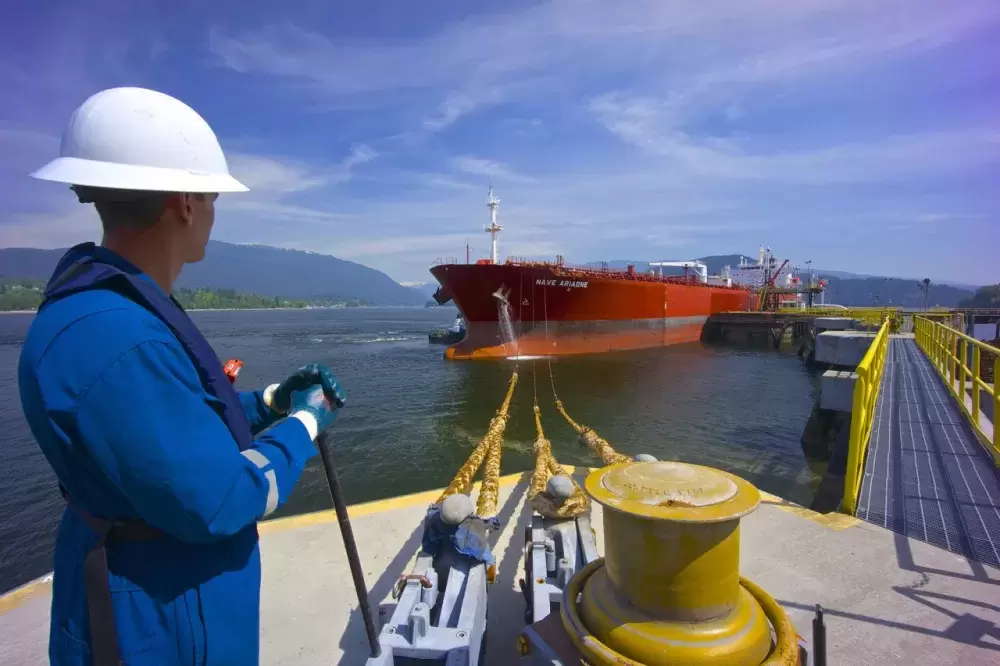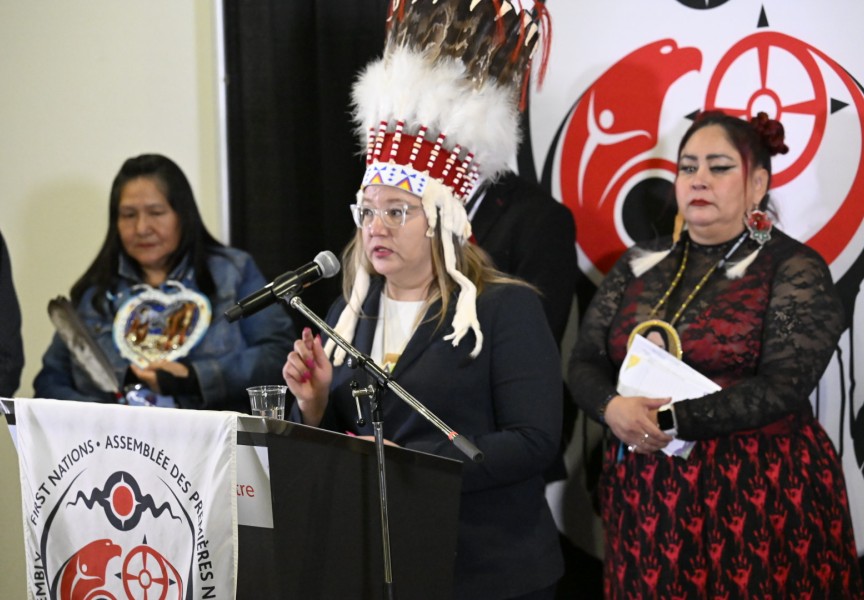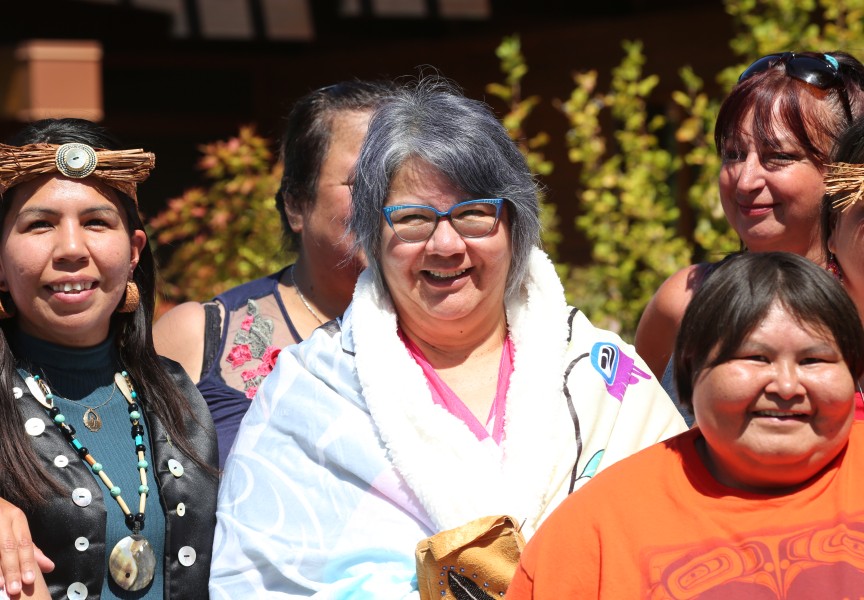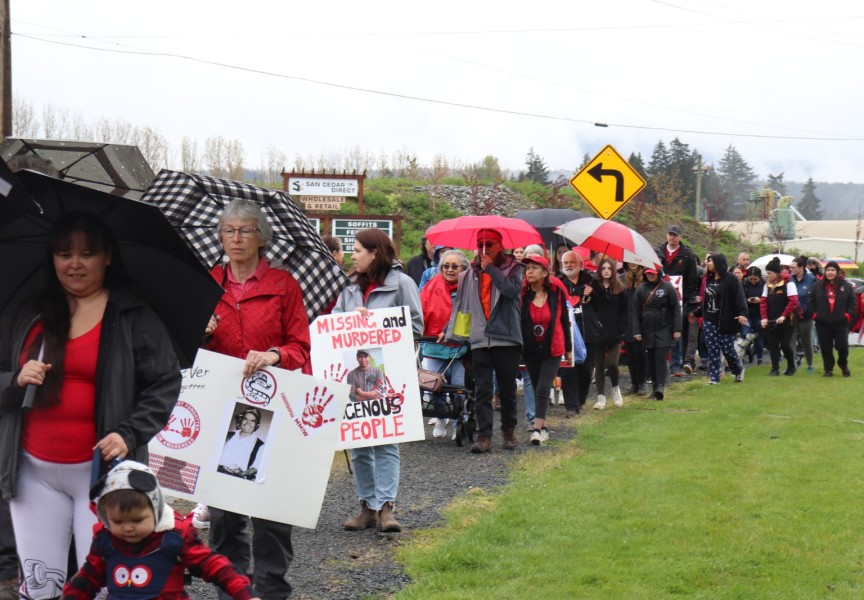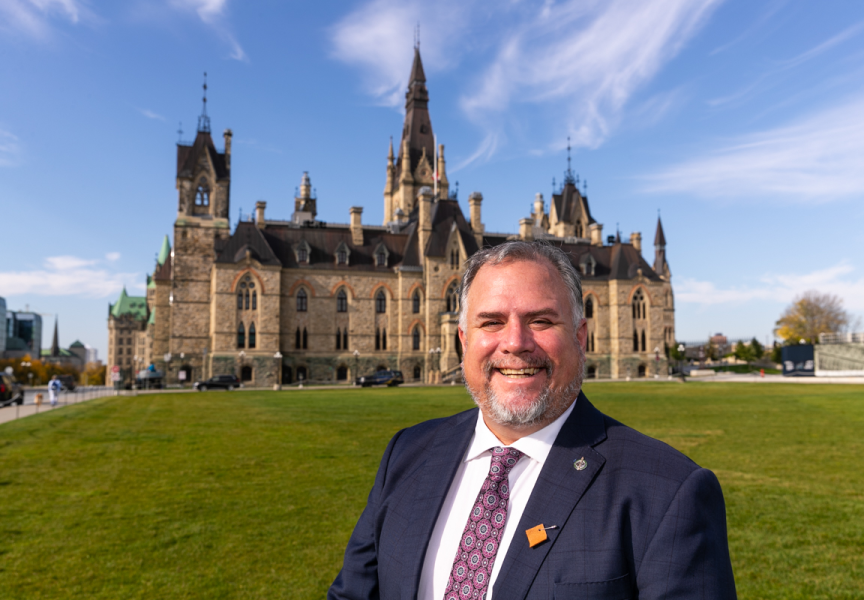After its $4.5-billion purchase of Trans Mountain last year, it came with no surprise when the federal government announced its approval of the pipeline expansion on June 18. But as the Liberals plan to resume construction this year, the future of Trans Mountain is destined to test the commitment of communities to protect the environment – particularly First Nations that stand to be impacted most by the project.
The Trans Mountain twinning would increase the 1,150-kilomtre-long pipeline’s capacity from 300,000 to 890,000 barrels of petroleum product a day, sent from central Alberta to the Lower Mainland. The pipeline expansion aims to grow Canada’s petroleum export markets in Asia, thereby reducing reliance on sending oil to the United States at a reduced cost.
"Right now, we're prisoners to the American market,” said Prime Minister Justin Trudeau with his government’s announcement to go ahead with the project. "As we've seen over the past few years, anything can happen with our neighbours to the south."
Amid opposition and stalled progress, the federal government purchased Trans Mountain from Kinder Morgan in May 2018 for $4.5 billion. But with construction already begun, the development took a major blow in late August when the Federal Court of Appeal ruled that the National Energy Board’s assessment was flawed by not adequately assessing the impact of increased tanker traffic on the West Coast. The court also determined that communities and First Nations directly affected by the pipeline expansion were not adequately consulted.
“With rare exceptions Canada did not dialogue meaningfully with the Indigenous applicants about their concerns about the board’s review,” stated the court’s ruling. “Instead, Canada’s representatives were focused on transmitting concerns of the Indigenous applicants to the decision-makers, and nothing more.”
The Federal Government’s investment in Trans Mountain has drawn divisions across Canada, and fueled criticism in supporting a project set to increase tanker traffic from five to 34 vessels a month. Meanwhile, the Liberals have also spent millions in the protection of the endangered southern resident killer whales.
The pipeline’s previous owner stated that since it began operations in 1956, Trans Mountain has not had a major marine spill. But the NEB’s Crown Consultation and Accommodation Report warned that this might not always be the case.
“[O]ver the life of the project the probability of small spills is high,” stated the NEB. “The Crown acknowledges that aboriginal peoples who rely on subsistence foods and natural resources are at greatest risk for adverse effects from an oil spill regardless of its size.”
“What is at stake for Nuu-Chah-nulth is our fisheries and sea resources, which will be negatively impacted by any oil spills in the ocean,” cautioned Kekinusuqs, Judith Sayers, president of the Nuu-chah-nulth Tribal Council. “This is drillbit oil and sinks and can never be fully cleaned up. The Prime Minister said there would be a world class recovery system but there is no such process that would totally clean it up. So in particular some of fisheries that migrate through those areas would be affected and their ability to survive is endangered. This is not a good decision for any coastal First Nation as the risks are high to our sea resources.”
For years the Union of BC Indian Chiefs has campaigned against the pipeline expansion, but 43 First Nations and Indigenous groups have mutual benefit agreements with Trans Mountain, worth a combined $400 million. Tankers from the export terminal travel through Pacheedaht and Ditidaht waters, and both these Nuu-chah-nulth nations have sent letters of support to the project. An NEB report on the pipeline expansion stated that the impact on Ditidaht fishing would be “minor”. The NEB went on to say that the effects of tankers travelling through the waters of Maa-nulth nations would be “negligible”.
The federal government does not plan to own Trans Mountain permanently, and is considering selling the project to Indigenous investors. Several Aboriginal groups have expressed interest, including the Indian Resource Council, which represents 134 First Nations with oil and gas resources.
“It’s clear First Nations have different positions on this project but they all stand firm that their rights be respected and their traditional territories be protected,” stated Assembly of First Nations National Chief Perry Bellegarde. “Only First Nations can determine if those conditions are met. The government needs to engage fully with First Nations – to uphold rights and for the basis of good business.”

